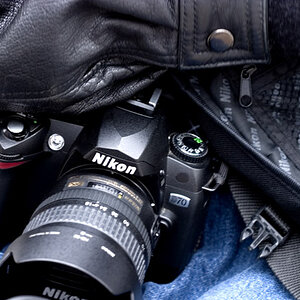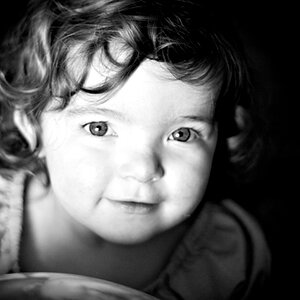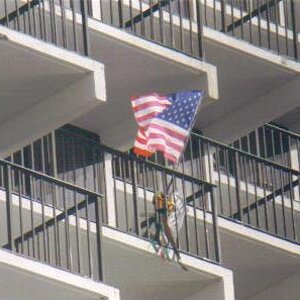KumarP
TPF Noob!
- Joined
- Aug 30, 2016
- Messages
- 1
- Reaction score
- 0
- Location
- Coimbatore
- Can others edit my Photos
- Photos NOT OK to edit
Hello Guys,
I'm Kumar from India. I'm new to this forum and DSLR cameras. I'm planning to buy entry level DSLR camera. I've lot of doubts to choose which is suitable to me. Let me describe my status,
Budget : 30,000 INR - 45,000 INR
Company: Canon / Nikon (Based on near by service centers)
Usage: Outdoor, Historical places, Nature
Listed by myself: Canon 700D, 1300D, Nikon D3300, D5300 - all with duel kit lens
Now I've some questions on this,
1) Which brand is best, Canon or Nikon ? One of my friend said, Canon is good for Ourdoor photography, and Nikon good for studio effects.Is that true ?
2) Which is good for Outdoor photography and low light photography ?
3) What is auto focus, where Canon have only 9 auto focus points and Nikon have 30+
4) Which is easy to handle ?
5) Is there any photo clarity difference between Canon and Nikon cameras ?
6) What is the mager part of Maga pixels in these cameras ?
I'm waiting for your advice on this.
Thanks in advance,
Kumar P
I'm Kumar from India. I'm new to this forum and DSLR cameras. I'm planning to buy entry level DSLR camera. I've lot of doubts to choose which is suitable to me. Let me describe my status,
Budget : 30,000 INR - 45,000 INR
Company: Canon / Nikon (Based on near by service centers)
Usage: Outdoor, Historical places, Nature
Listed by myself: Canon 700D, 1300D, Nikon D3300, D5300 - all with duel kit lens
Now I've some questions on this,
1) Which brand is best, Canon or Nikon ? One of my friend said, Canon is good for Ourdoor photography, and Nikon good for studio effects.Is that true ?
2) Which is good for Outdoor photography and low light photography ?
3) What is auto focus, where Canon have only 9 auto focus points and Nikon have 30+
4) Which is easy to handle ?
5) Is there any photo clarity difference between Canon and Nikon cameras ?
6) What is the mager part of Maga pixels in these cameras ?
I'm waiting for your advice on this.
Thanks in advance,
Kumar P



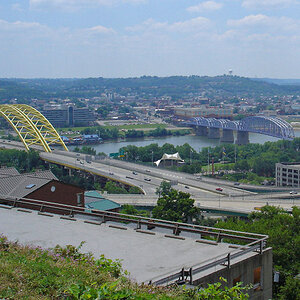
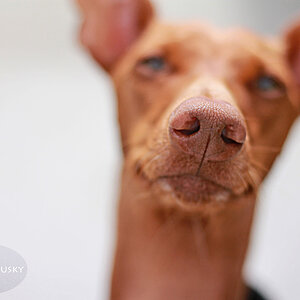
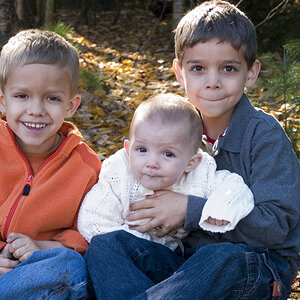
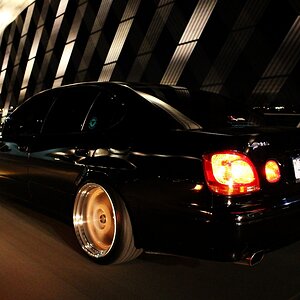
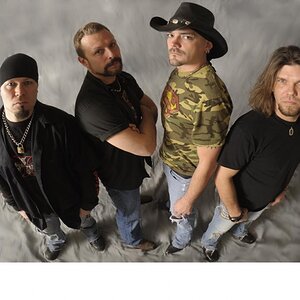
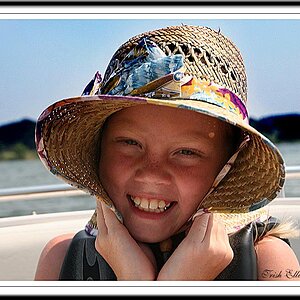
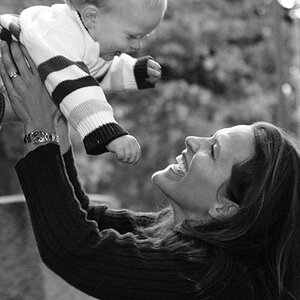
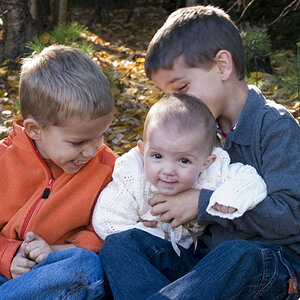
![[No title]](/data/xfmg/thumbnail/42/42276-99df5da06c3e5dc83ae4bab11e935910.jpg?1619740085)
